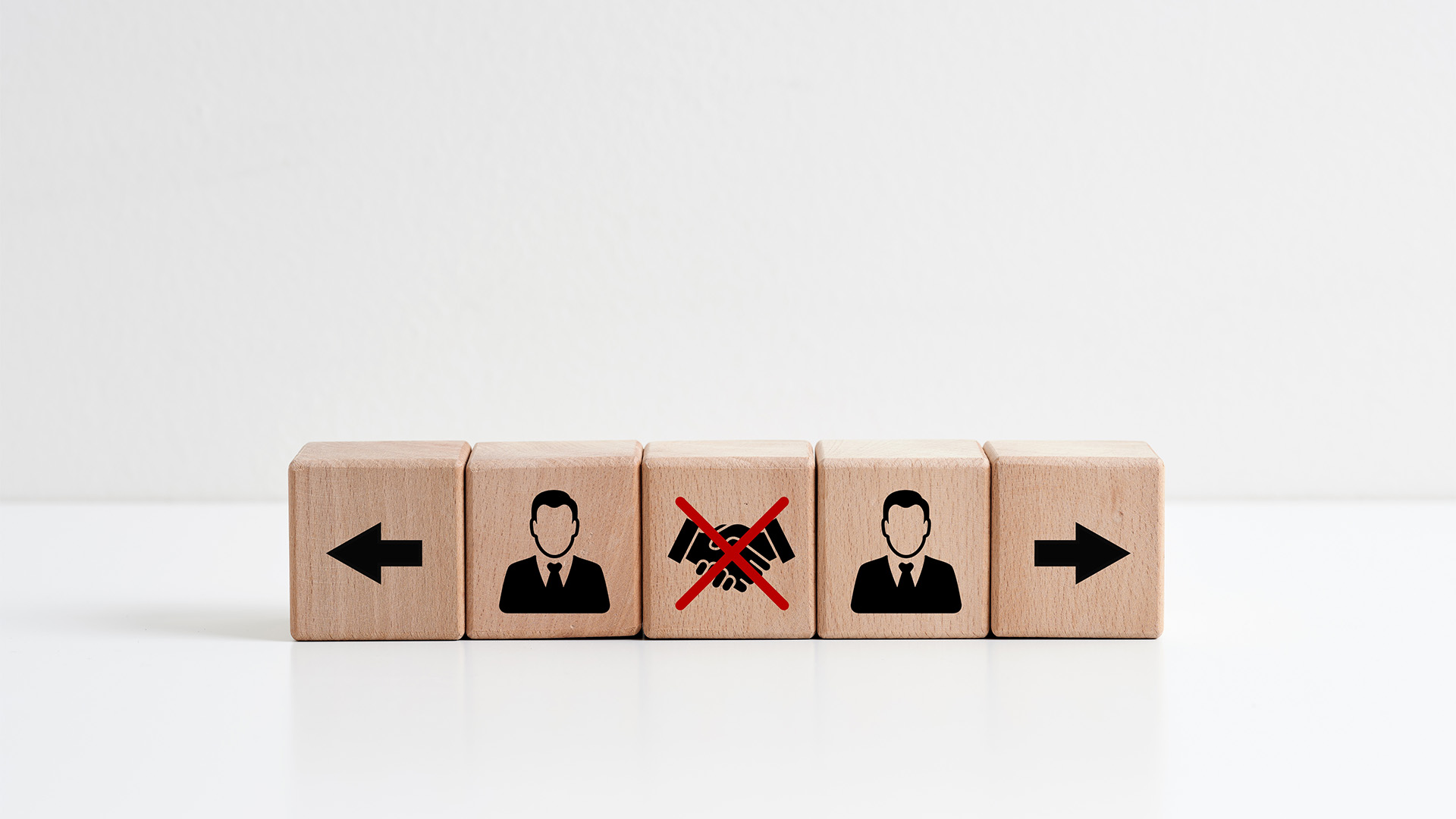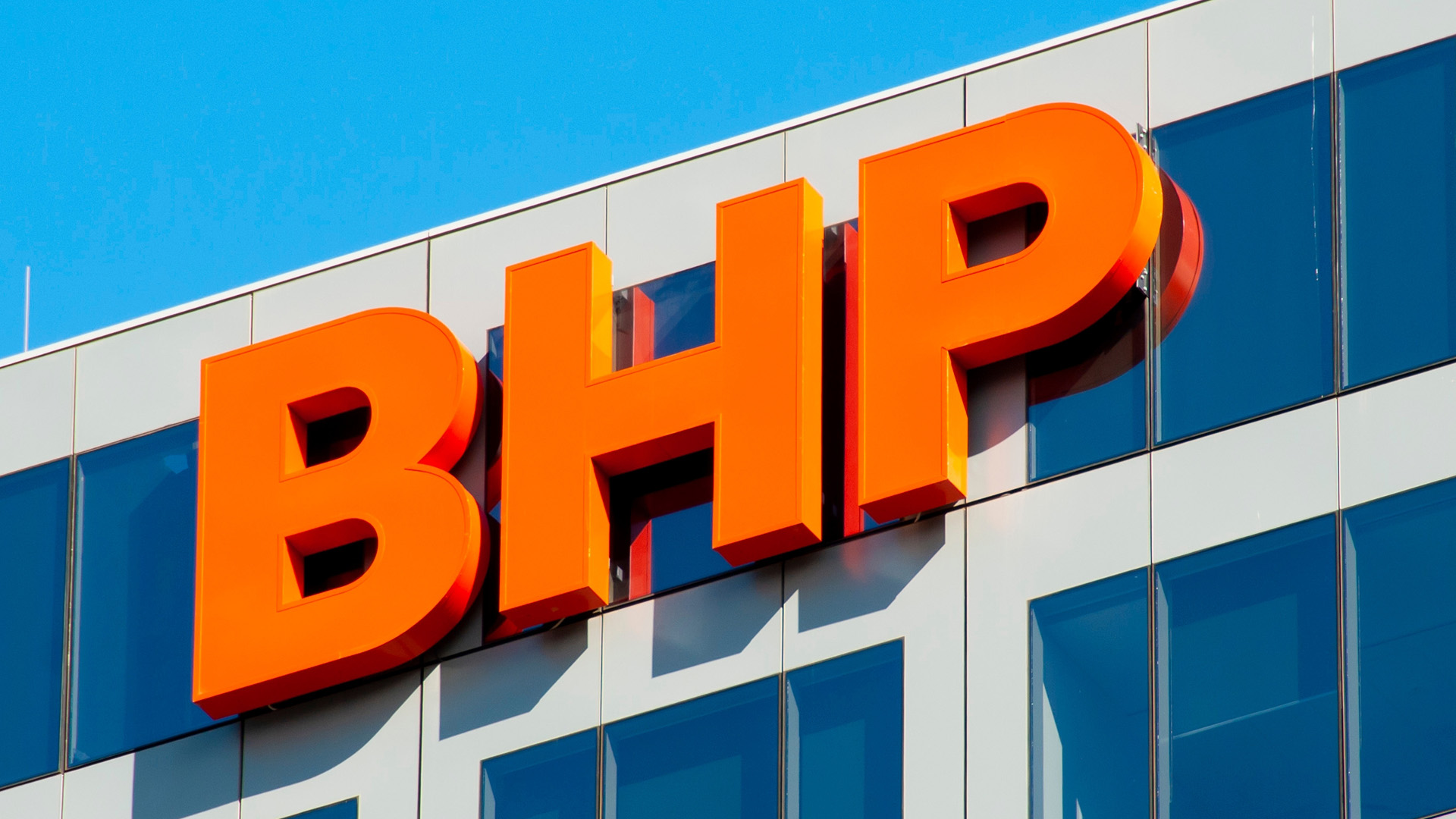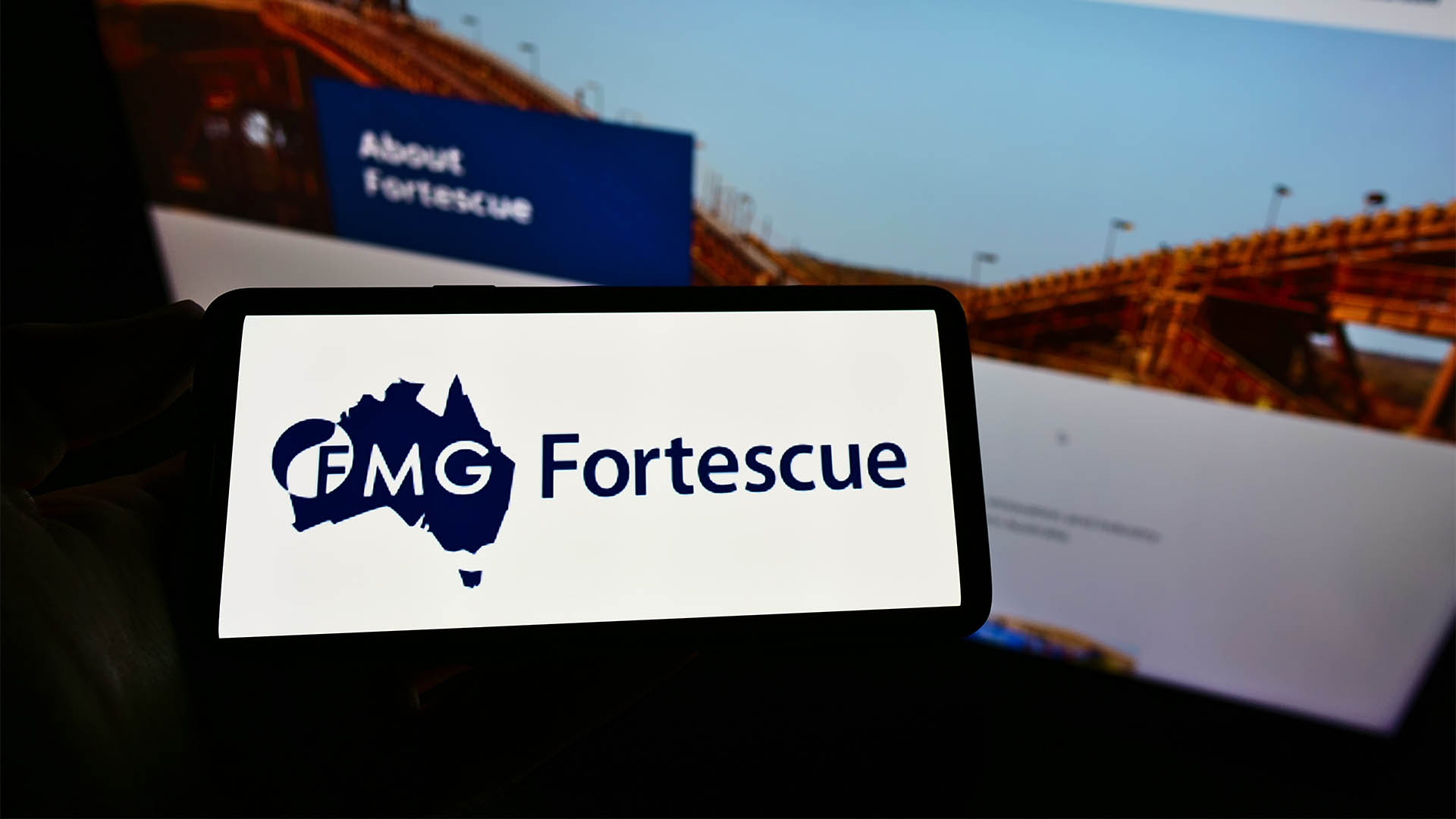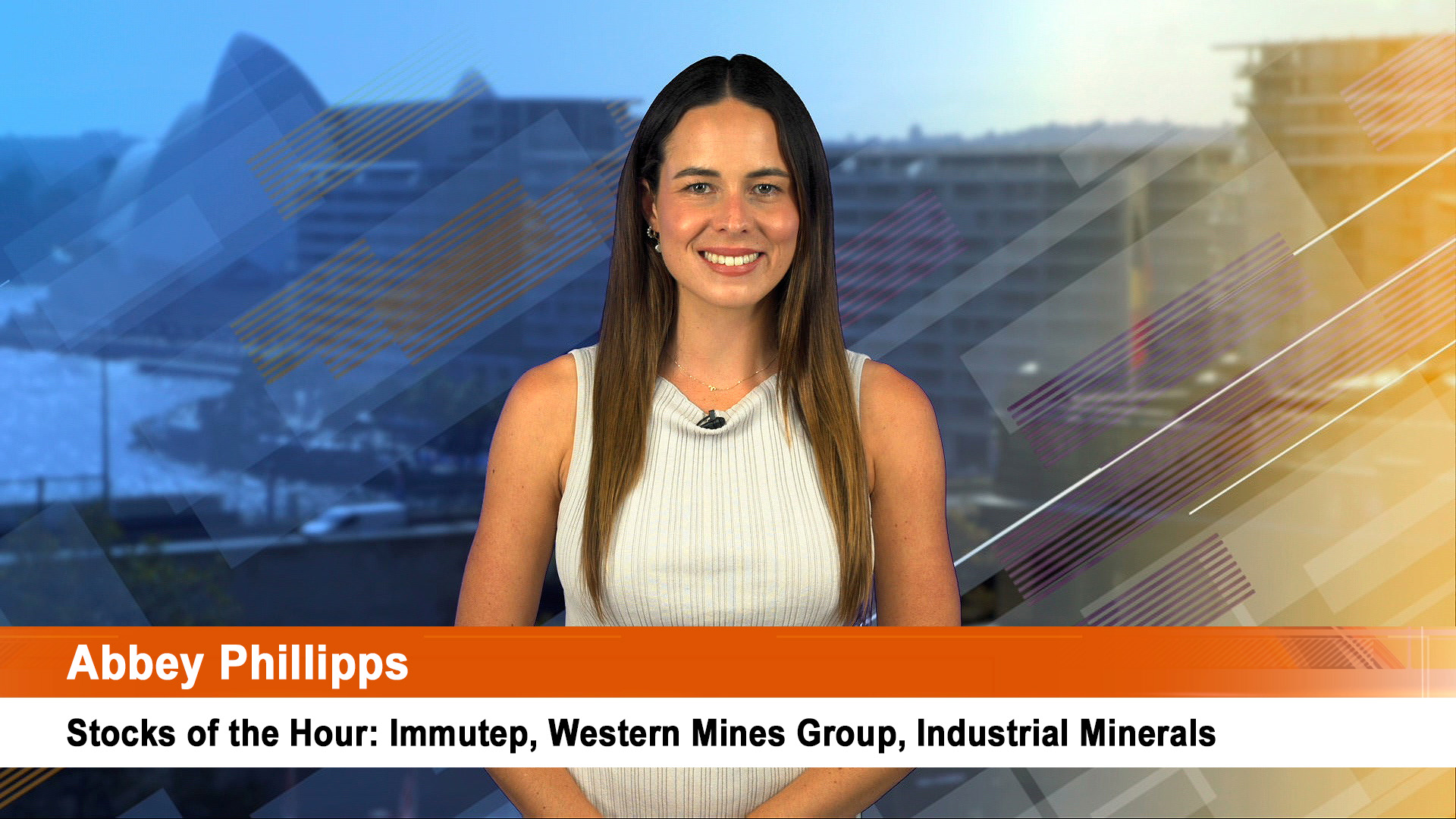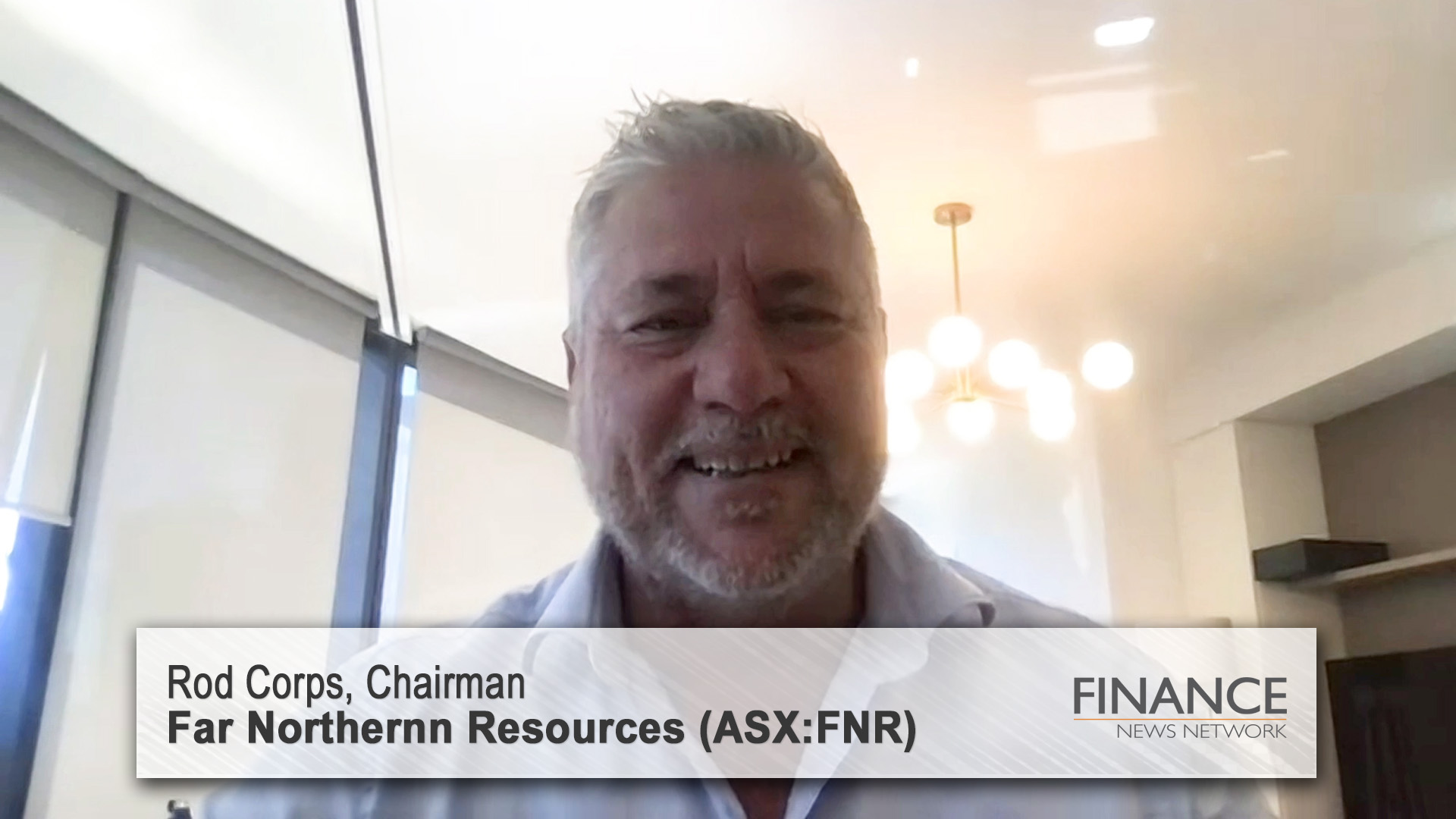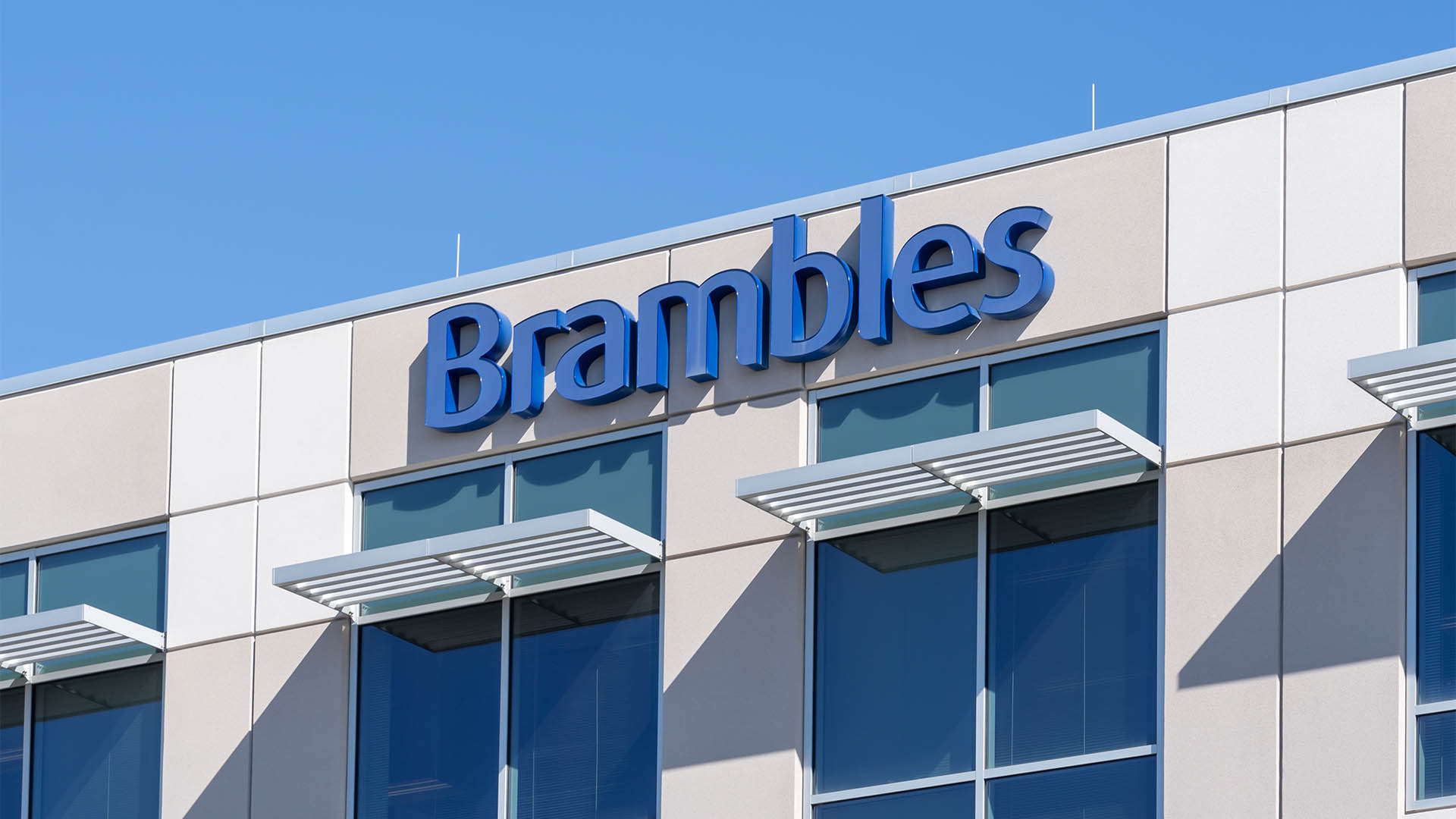Woolworths’ diverse areas of business – hotels, department stores, supermarkets, wine, and liquor and a growing online presence was not enough to protect the company in the face of the ravages of COVID-19 and the lockdowns across the country.
Despite a bumper year thanks to the months of coronavirus-driven panic buying, Woolworths has reported a 20% slide in profits for the year to June and a lower dividend.
On top of the higher costs because of COVID-related cleaning, protective equipment, and social distancing in its supermarkets, liquor stores, and department stores the company’s pubs and gaming (poker machine) business proved to be its Achilles heel.
As a result, its net profit after tax from continuing operations fell 21.8% to $1.16 billion due to nearly $600 million in significant one-off costs incurred by the company. Analysts had been looking for a profit of $1.34 billion.
Despite that, the shares rose 2.8% to $40.38 because the company produced a surprise in its online performance and the early trading update for 2020-21.
Online sales were strong, growing 41.8% across its brands to $3.523 billion for the year. That’s more than 5% of total sales.
Woolworths also reported strong sales growth for the first 8 weeks of the 2021 financial year with sales up 12.4% on a headline business.
That saw the supermarkets giant declare a final dividend of 48 cents per share, down 15.8% on the final dividend paid last year.
Total for the year of 94 cents a share was down from $1.02 a share for 2019.
The sharp slide in profit came despite an 8.1% jump in group revenue to a new record of $63.6 billion, as Woolworths, thanks to the coronavirus pandemic as panic buying rush through March and April.
But to keep stores open in the first national lockdowns Woolworths spent $275 million for measures such as additional in-store cleaning and security.
Other significant items affecting the company’s profit included $176 million in costs associated with the redundancy of 1350 workers in its NSW distribution centres, as part of a half a billion-dollar shake-up of its East Coast grocery distribution.
As well there was another $230 million in costs associated to Woolworths’ ongoing demerger of its Endeavour Drinks division.
On top of that, there’s the continuing underpayment scandal. Woolworths is currently in the midst of repaying thousands of employees nearly $400 million to settle the scandal the company first uncovered last October. There was a further $185 million in remediation costs for those workers.
Adjusted earnings before interest and tax (EBIT) and excluding these significant items fell 0.4% to $3.22 billion, at the lower end of the range flagged by Woolworths at its fourth-quarter sales update.
That was perhaps a better indicator of how the business went, but those one-off costs were significant and can’t be dismissed, especially the underpayments scandal and the spinning off of the liquor business.
Earnings from Woolworths’ hotels division slumped 51% to $172 million as trading (and especially pokie machine) was sharply affected by the government-mandated shutdown of pubs across the country.
The company’s department store division Big W returned to profit, reporting $39 million in EBIT and a 10.5% jump in sales to $4.1 billion. That was very different to the other struggling department store groups – Myer, David Jones and Target (which is owned by Wesfarmers).
CEO, Brad Banducci said in Thursday’s statement that “COVID-19 had a material impact on the Group’s financial performance for the year. After strong first half Group EBIT growth of 11.4%, EBIT growth in H2 was distorted by COVID.”
“The closure of Hotels for much of the last four months of the financial year led to a material decline in its H2 EBIT compared to the prior year.”
“However, the impact of the closures was partially offset by strong sales-driven EBIT growth across our retail businesses, despite materially higher customer and team safety costs.”





